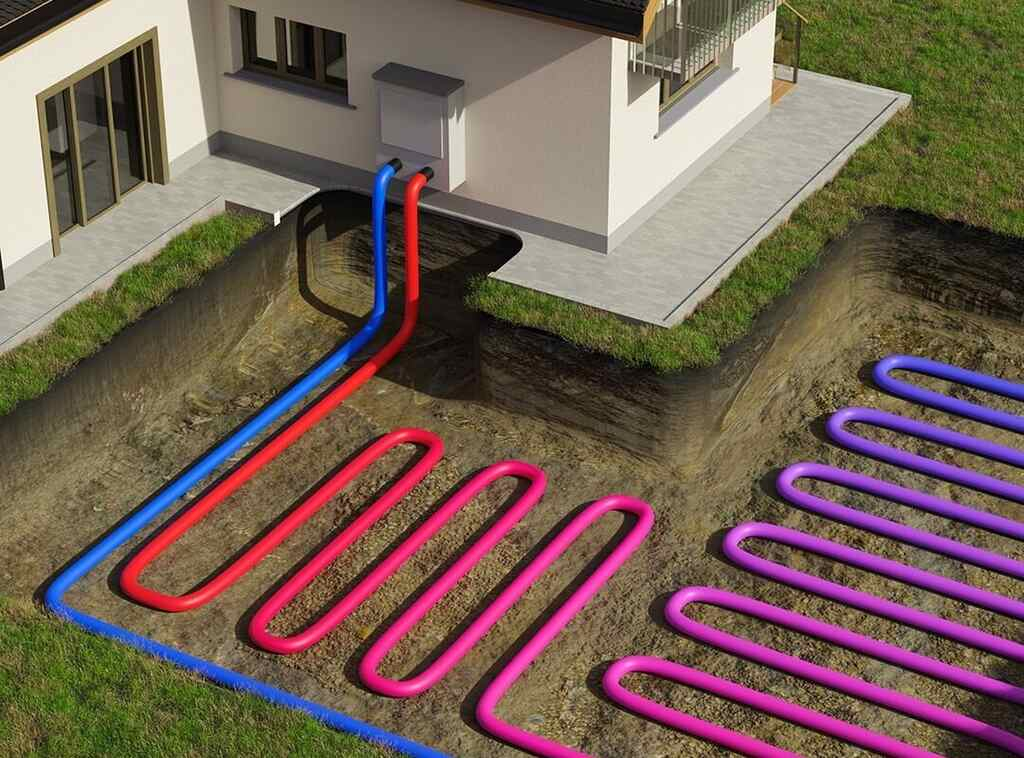As energy costs rise and environmental concerns become more pressing, many homeowners are looking to renewable energy options to reduce their carbon footprint and lower utility bills.
Fortunately, there are various renewable energy solutions designed specifically for residential use, each offering unique benefits.
In South Carolina, for example, South Carolina geothermal systems are becoming a popular choice for homeowners seeking efficient, eco-friendly energy alternatives. In this article, we have covered 3 common options to make better choice.
The Benefits of Renewable Energy for Homes
The use of renewable energy for homes has a cost advantage as well as environmental advantages. Diversification can reduce reliance on conventional resources such as coal and natural gas, as well as emissions of greenhouse gases.
To the homeowners, it means reduced electric bills, possible tax credits, and added value to their homes.
Other than cost cost-cutting aspect, renewable energy empowers households to continue producing their electricity and thus are free from outside sources.
Common Residential RE Choices
Now, let’s pay more attention to the main types of renewable energy systems usable in homes today, such as geothermal, solar, and wind energy sources.
1. Geothermal Energy
By geothermal energy sources, heat trapped in the ground is used to heat or cool homes. These systems entail putting and/or establishing a heat pump that moves heat from the ground into the home and from the home to the ground.
South Carolina has favorable conditions to employ geothermal energy throughout the year because the temperature in the ground is about the same all year around.
Geothermal systems are extremely energy-efficient and can result in lower heating and cooling costs, but the initial cost is somewhat higher than for more conventional systems.
2. Solar Power
There are several renewable energy sources that both homeowners can use, but solar energy has dominated the market. That entails mounting an assembly of solar panels most of them time on your roof to harness the sun’s rays to power homes.
Solar energy is capable of meeting most of the energy demand of a house depending on the capacity of the system and the amount of sunlight received. Besides the many benefits of saving on utility costs, households that invest in solar panels can also benefit from incentives involving tax rebates from the many states in the country.
Home solar systems can also be linked with batteries that enable homes to store energy collected during sunny periods for use during rainy or blackouts.
3. Wind Energy
For those of you with a more extensive piece of land, wind electricity can still be a possibility. Small wind turbines are installed primarily for domestic usage where wind kinetics is used to generate electricity. While not as common as solar, wind can also be an efficient renewable energy system in regions characterized by abundant wind.
Home wind electricity generation systems exist in many sizes and powers thus capable of accommodating most home requirements. However, they may be restricted by local zoning laws in suburban or metropolitan regions.
Choosing the Right Renewable Energy Solution
This in a way is a complex issue since you want to identify which type of renewable energy will be most suited to your home given your location, financial ability, and energy requirements.
Geothermal energy will be very ideal for use in homes in South Carolina since the ground source temperature is comparatively constant.
For use in homes with good sun exposure, solar energy is ideal for use. Wind energy is more difficult to introduce, however, can be appropriate in regions with free space, such as rural areas.
Conclusion
Switching to renewable energy in your home is one of the best decisions you can make as an individual in terms of the impact you are making on the environment, as well as saving your hard-earned cash. As anyone who looks into geothermal energy sources, solar energy, or wind energy mills knows, each of them offers the ability to lessen our usage of fossil resources and in turn help to create a more sustainable world.
While looking for the right option and selecting the most appropriate system, you will be able to go a long way toward becoming energy-independent and helping the planet.

